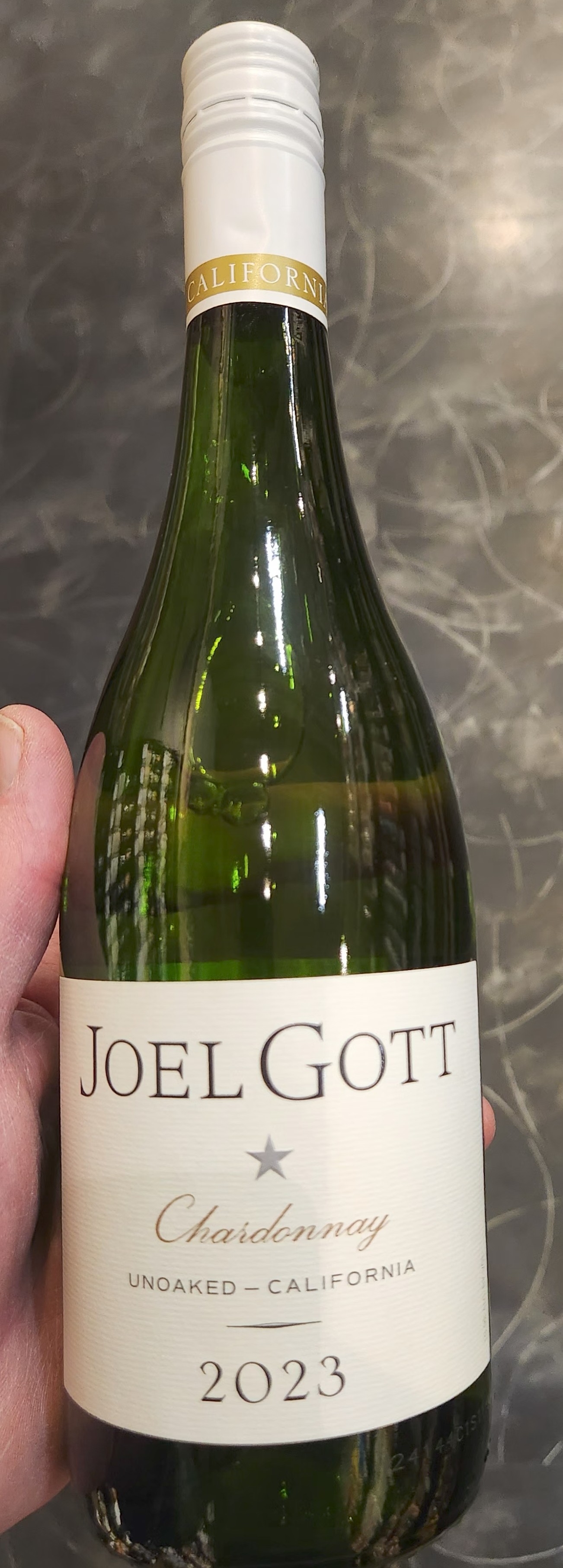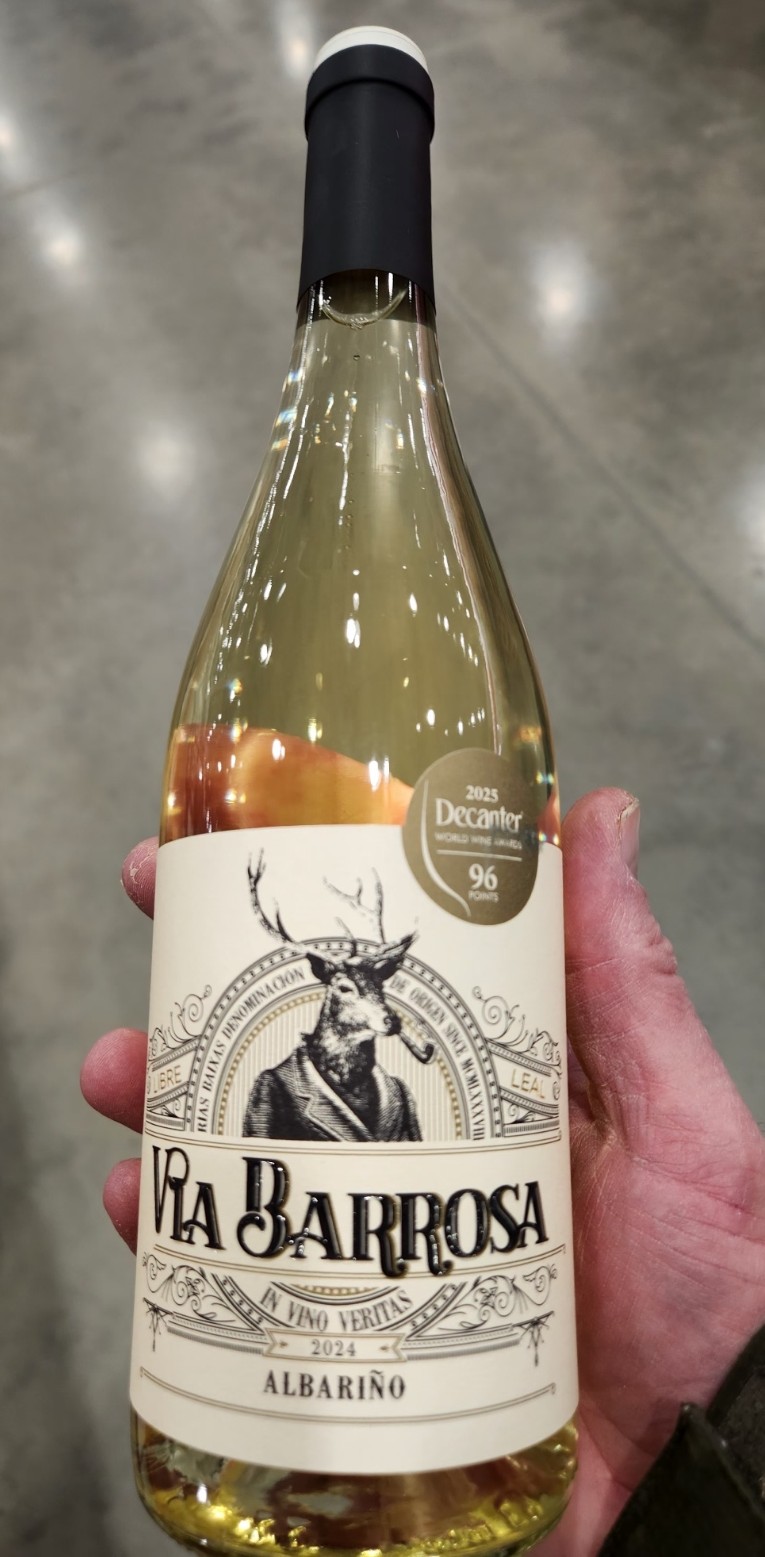Cameron Hughes Wines: The Négociant Maverick
Affordable luxury with a dash of mystery and a swirl of renegade flair.
The Maverick Beginnings: Trading in Secrets and Bargains
Cameron Hughes launched his négociant model in 2001, reshaping how savvy wine lovers drink luxury. Instead of planting vineyards, Hughes hunted down surplus wines from elite wineries—bottles that would normally retail for $60–$80—and re-released them under his own “Lot” label for under $20.
The deals? Cloak-and-dagger under strict NDAs, hush-hush handshakes, and lots that disappeared faster than a cult release at auction. For buyers, it felt like getting a backstage pass to Napa, Sonoma, and beyond—without the velvet rope price tag.
The Portfolio: What’s in the Bottle?
The Hughes lineup doesn’t chase a “house style.” Instead, each Lot tells its own story:
- A Napa Cabernet dripping with blackberry, cocoa, and cedar.
- A Sonoma Coast Chardonnay alive with pineapple, peach, and caramel.
- Even a Riesling, Pinot Noir, or Rosé when the deal was just too good to ignore.
Drinkers on forums like Wine Berserkers whisper and guess about their origins. Was that Lot really from a blue-chip Napa estate? Did that Chardonnay once carry a $100 winery tag? The mystery is part of the fun—and part of the hook.
The Man Behind the Label: Grit, Gripes, and Comebacks
Hughes grew up in Modesto, California, the son of a wine salesman. He started the company with his wife out of a Volvo, selling his own collection to fund early deals.
The ride wasn’t all smooth:
- Cameron Hughes Wines soared on Costco placements, then crashed into receivership in 2017, later acquired by Vintage Wine Estates.
- Hughes came back swinging with De Négoce, selling futures directly to consumers during the California wine glut.
- That venture was sold to Martin Ray Winery in 2023 for $12.5 million, with a non-compete clause keeping Hughes out of the direct-to-consumer game… at least officially.
Legal Lines and Label Wars: The Négociant Clash
Not one to sit idle, Hughes rolled out “The Négociant” label, sparking a lawsuit from Martin Ray. The claims? Trademark infringement, non-compete violations, and too-similar packaging.
Hughes’ defense:
- He legally bought the trademark from vintner Bob Pepi.
- No wine has shipped yet, so technically he hasn’t broken the non-compete.
- The label design was Pepi’s; he just added his name.
The courts may sort it out, but the chess match underscores Hughes’ knack for pushing boundaries.
Why This Story Matters
This is more than wine—it’s disruption. Hughes plays like a winger on a rugby field: sudden moves, daring breaks, and always charging for the goal line.
The takeaway: he’s gamifying fine wine, proving you don’t need to spend triple digits to drink like a collector. And whether you side with him or not, he’s made sure wine lovers always have a story swirling in their glass.
Final Pour
Cameron Hughes isn’t just selling bottles—he’s rewriting the playbook. From a Volvo start-up to legal showdowns, his wines remain mysterious, intriguing, and accessible. One sip and you’re not just drinking—you’re part of the renegade story.










